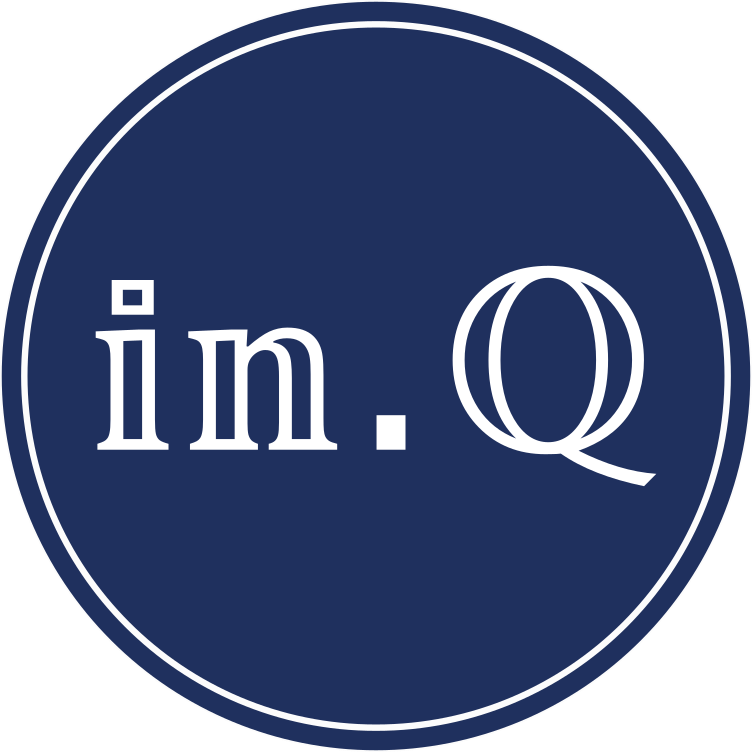Research
We are a research group based at the Nanyang Technological University of Singapore. Our research interests lie in the intersection of information theory and quantum physics, with a main focus on fundamental limits of manipulating quantum resources. We are motivated by foundational questions in quantum thermodynamics, measurements, and resource theories; with a focus on coherence, catalysis, and irreversibility. Occasionally we discover how our work can be useful for quantum information-processing tasks ;) Our central aim, however, lies in the systematic development of rigorous frameworks and entropic tools—often within, but not limited to, the setting of quantum resource theories.
in.Q officially stands for information & quantum. It also stands for the spirit of scientific “inquiry”, the curious wonder as we go about understanding the world. Group members are called inQlings, reminiscent of a literary group that gave us writers like Tolkien and Lewis.
We welcome highly motivated students and collaborators with a strong background in mathematics or theoretical physics, who are drawn to the structural and mathematical aspects of quantum theory. While our work may not always align with fast-moving trends, we seek to advance fundamental understanding and contribute to the intellectual foundations of quantum information theory. If you value conceptual clarity and rigorous mathematical reasoning, we invite you to explore our research.

Updates
Jeongrak completes his PhD <3 - September 3, 2025
There's lots of entanglement to find in TLLs :) - August 28, 2025
Thermal operations are really quite unique :) - July 28, 2025
Double-bracket quantum algorithms find a clear place on the quantum algorithms landscape - July 21, 2025
in.Q had great fun at QTD 2025 - July 17, 2025
Entanglement Battery Unlocks Lossless Quantum State Conversions - May 20, 2025
We can now reconstruct the common phase in quantum field simulators! - May 7, 2025
Nelly rejoins CQT as Fellow today - April 21, 2025
A new way of using quantum memory speeds up recursive quantum algorithms - April 8, 2025
Robust Catalysis and Resource Broadcasting: the possible and the impossible - March 17, 2025
An in-depth study on the reliability of ToF measurements on quantum field simulators - February 24, 2025
Catalysis in Quantum Information Theory published in Review on Modern Physics - July 14, 2024
The Quantum State Over Time is unique! - October 30, 2023
Visitors
Yudai Suzuki visited us in Nov 2025
Paul Skrzypcyzk visited us in Oct 2025
Hiroyasu Tajima gave an online seminar in the group in June 2025
Patryk Lapka-Bartosik, Pharnam Bakhshinezhad, and Nayeli A. Rodríguez Briones visited us in July 2025
Erickson Tjoa visited us in May 2025
Seok Hyung Lie visited us in Feb 2025
Chung-yun Hsieh visited us in Dec 2024
Alex Jahn and Mischa Woods visited us in Nov 2024
Xingjian Zhang visited us in Nov 2024
Shintaro Minagawa visited us in Apr 2024
Erickson Tjoa visited us in May 2023
